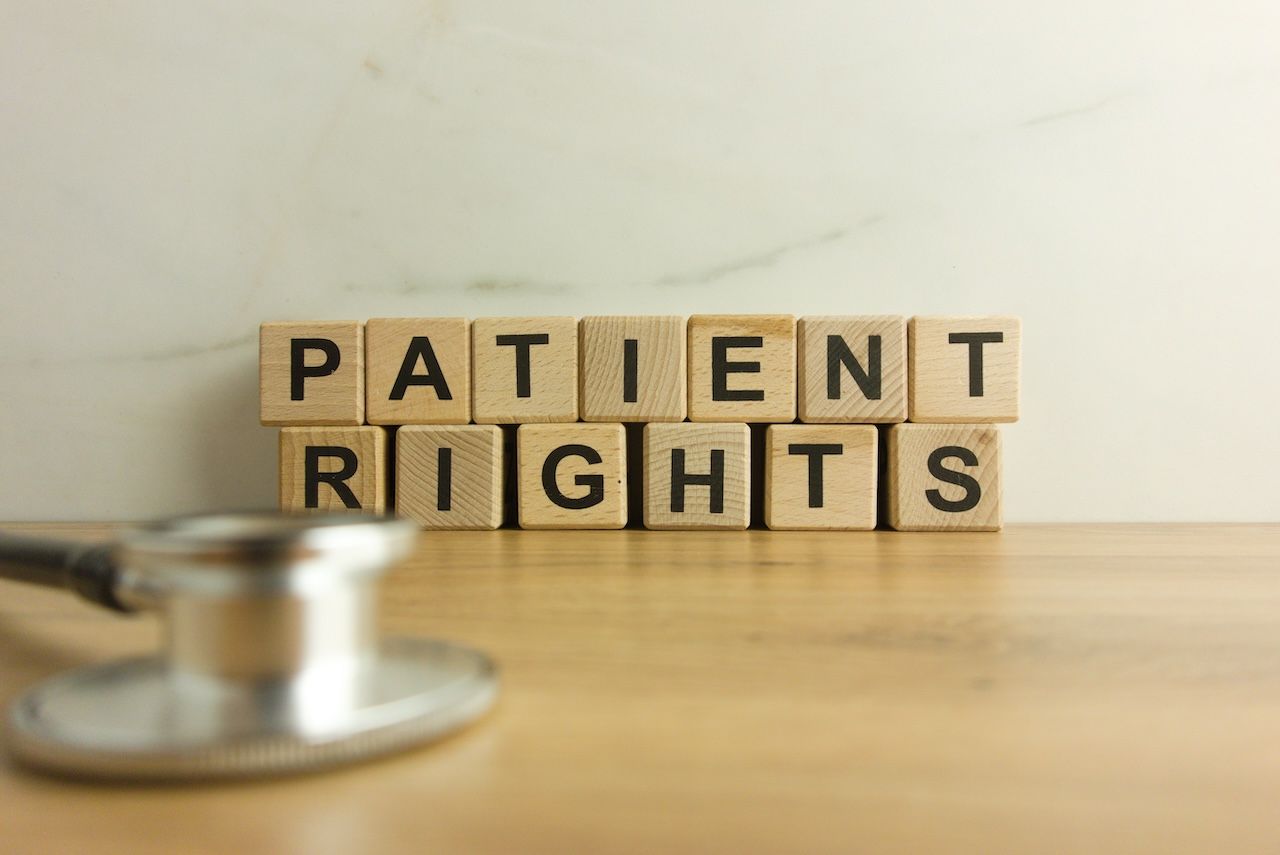Clinical trials are the backbone of medical advancements, but what guarantees patient safety in clinical research? In the state of Florida, a comprehensive framework of regulations and oversight mechanisms upholds the highest standards of patient safety and ethical conduct throughout the clinical trial process.
Today, we’ll explore the robust safeguards put in place to protect your rights and well-being while participating in clinical trials.
The Ethical Principles Guiding Patient Safety in Clinical Research
As with any scientific pursuit, ethics are the guiding principle behind every decision, discussion, and test pursued. Many of these ethical principles are used without question in clinical research, which include:
Informed Consent
The concept of informed consent is foundational to ethical clinical research. Before joining a clinical trial, participants are provided comprehensive information about the study’s purpose, procedures, risks, and benefits. This ensures that individuals make educated decisions about their participation. Participants have the right to ask questions and receive clear, understandable answers.
Patient Safety
Patient safety in clinical research is non-negotiable. Researchers follow strict protocols to ensure the well-being of participants throughout the study. This includes regular monitoring of health parameters and immediate action if adverse effects occur. Trust between researchers and participants is built on this commitment to safety.
Data Integrity
Data integrity is essential for the credibility of clinical research. Researchers must collect, store, and analyze data accurately and honestly. Maintaining data integrity ensures the validity of the research findings and protects the trust placed by participants in the study process.

Informed consent carries immense weight within the medical field.
Regulations and Guidelines in Florida Clinical Trials
The plethora of laws and regulations behind medical research can often be dizzying, but they are essential in maintaining patient safety in clinical research. Not only are there federal guidelines, but there are also Florida-specific regulations that intertwine with them as well.
Federal Oversight
Florida clinical trials are subject to federal regulations enforced by agencies like the FDA and NIH. These agencies set ethical conduct and patient safety standards in clinical research. Compliance with these regulations is mandatory for all trials conducted in the state.
State-Specific Guidelines
Florida also has its own set of guidelines that complement federal regulations. These include additional safeguards for vulnerable populations, such as developmental disabilities and specific requirements for the ethical conduct of research, including genetic testing. Institutions conducting trials must adhere to both federal and state guidelines to operate.
Institutional Review Boards (IRBs)
IRBs are crucial in overseeing clinical trials. These boards review and approve research protocols to ensure they comply with ethical standards. They also monitor ongoing trials to protect participants’ rights and well-being. IRBs act as guardians of ethics in clinical research.
Safeguards and Clinical Trial Monitoring Processes
Even with ethical principles in place, clinical trials maintain numerous safeguards and procedures that ensure patient safety in clinical research. Each of these is significant in verifying your health and keeping you informed.
Continuous Monitoring
Continuous monitoring is a key safeguard in clinical trials. Researchers regularly assess participants’ health and the study’s progress. This real-time oversight helps identify and address issues promptly, ensuring the trial remains ethical and safe for all involved.
Data Safety Monitoring Boards (DSMBs)
DSMBs are independent groups that review clinical trial data for safety concerns. If they identify risks or anomalies, they can halt the study, providing additional protection for participants.

Clinical trials have an obligation to monitor your health and identify any concerns.
Adverse Event Reporting
Adverse event reporting is a critical aspect of clinical trial safety, and researchers must report any adverse reactions experienced by participants immediately. This transparency allows for quick intervention and ensures that participants are not exposed to undue risk.
Patient Rights and Advocacy Resources You Should Know
Most importantly, you should know your rights as a patient. These rights protect your health and safety while undertaking any clinical trial. Below, you’ll find some of the rights you have and resources you can access if you feel unsafe or unheard:
Right to Withdraw
Participants have the right to withdraw from a clinical trial at any time without penalty. This right empowers individuals to make decisions based on their comfort and safety. Researchers are obligated to respect and facilitate the withdrawal process.
Access to Information
Participants are entitled to access all relevant information about the trial. This includes updates on the study’s progress, any new risks identified, and overall results once the trial concludes. Transparent communication fosters trust and informed decision-making.
Advocacy Organizations
Several organizations advocate for the rights and welfare of clinical trial participants. Groups like The Center for Information and Study on Clinical Research Participation (CISCRP) provide resources, support, and education to those considering or involved in clinical trials. These organizations play a vital role in protecting participants’ interests.

You have a right to transparency at every step of clinical research.
Interested in Entering a Clinical Trial? Contact the South Florida Clinical Research Institute Today.
Visit our current studies page to see our latest studies. Rest assured that your safety and rights are protected every step of the way throughout our research. Participate in clinical research to contribute to groundbreaking medical advancements, access cutting-edge treatments, and receive personalized care from top medical professionals.
Your participation offers a promising path to better health outcomes, discoveries, and greater scientific understanding. Join us in making a difference in the future of healthcare today.
Read more: Locating and Understanding Clinical Trials in Florida: Regulations and Resources

